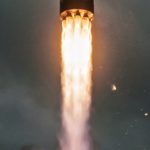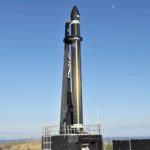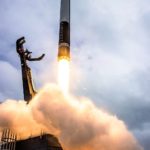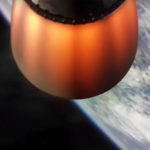News
DeepSpace: Rocket Lab bucks the saying that ‘space is hard’ with 4th Electron success
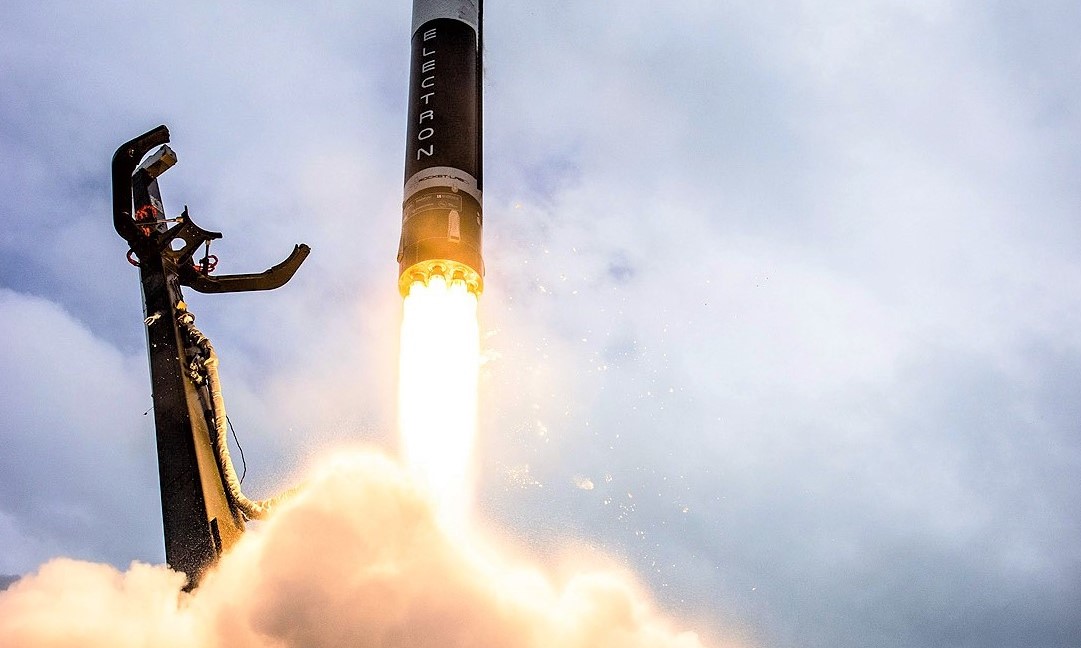
This is a free preview of DeepSpace, Teslarati’s new member-only weekly newsletter. Each week, I’ll be taking a deep-dive into the most exciting developments in commercial space, from satellites and rockets to everything in between. Sign up for Teslarati’s newsletters here to receive a preview of our membership program.
Rocket Lab continues to buck the adage that “space is hard” with its small but increasingly reliable Electron rocket. After a slight range hardware malfunction caused a launch abort just shy of orbit during Electron’s inaugural May 2017 launch attempt, Rocket Lab fixed the issue and returned to flight, successfully completing Electron’s first orbital launch in January 2018. On November 11th, 2018, the rocket completed its first truly commercial launch, placing seven various satellite into Low Earth Orbit (LEO), rapidly followed by Electron’s fourth successful launch on December 16th, barely one month later.
On March 29th, Rocket Lab completed yet another milestone launch for Electron, successfully placing its heaviest payload – an experimental ~150 kg DARPA spacecraft known as R3D2 – into an accurate orbit. Even relative to SpaceX’s barebones Falcon 1 launch campaign, which attempted five launches – two successfully – over a three year career, Rocket Lab’s Electron has progressed at an extraordinary pace, taking less than two years to complete its fifth launch and achieving its first launch success after just one attempt and eight months of flight operations.
Relentless progress
- To find a rocket with a comparable record of success less than two years after its first launch attempt, one must jump back more than half a century to the late 1950s and early 1960s, when Russia and the US were putting their industrial mights to the challenge of achieving spacefaring ‘firsts’. Almost all of those original vehicles – including Redstone, Atlas, Delta, Thor, Titan, and even Saturn V – were able to weather early failures and achieve extraordinary launch cadences just 12-24 months after their debuts.
- None, however, were developed as an entirely commercial rocket with almost exclusively private funds, although ESA’s Ariane 3 and 4 vehicles nearly fit the bill, with exemplary commercial track records and impressive acceleration from debut to high launch cadences.
- Incredibly, Rocket Lab has brought Electron from paper to its fourth successful launch in ~16 months on what can only be described as a shoestring budget relative to all past efforts, perhaps even Elon Musk and SpaceX.
- According to public investment records, the small US-based, New Zealand-operated company may have reached orbit for the first time with less than $100M, including ~$70M in equity investment and unspecified development funding from DARPA in the early 2010s.
- Rocket Lab’s Electron rocket is quite small, measuring 1.2 m (~4 ft) wide, 17 m (56 ft) tall, and 12,500 kg (27,600 lb) at liftoff, anywhere from a quarter to half the size of SpaceX’s Falcon 1, by most measures.
- Electron is capable of placing 150–225 kg (330–495 lb) into either a 550 km (340 mi) sun synchronous orbit (SSO) or a lower low Earth orbit (LEO).
- Electron is advertised with a commercial list price of around $6M.
- Aside from Electron’s industry-defying record of achievement, its R3D2 launch is impressive for another reason: the cost of the payload relative to the cost of launch. For a rocket on its fifth-ever launch, DARPA reportedly spent no less than $25M to fund the development of the experimental R3D2 smallsat, while – as mentioned above – the cost of Electron’s launch could have been as low as ~$6M from ink to orbit.
- In slightly different terms, Electron has now launched a payload that could be 4-5X more valuable than itself after just three prior launch successes and less than two years after beginning operations.
- While ~$30M would not be a huge loss for a military agency like DARPA (FY19 budget: $3.4B), DARPA’s trust in Electron demonstrates impressive confidence in not just Electron, but also Rocket Lab’s standards of manufacturing, operations, and mission assurance.
- Relative to a vehicle like Falcon 9 or Atlas V, Electron’s R3D2 mission would be comparable to launching spacecraft worth ~$250M to $500M after just five launches. Both larger rockets accomplished similar feats, but small launch vehicles are historically known for less than stellar reliability.

Go[ing] forth and conquer[ing]
- Put simply, Rocket Lab has managed to build what appears to be a shockingly reliable small launch vehicle with a budget that would make Old Space companies whimper, all while offering a potential cadence of dozens of annual launches at per-launch costs as low as $6M.
- While the cost-per-kg of a $6M Electron launch is still extremely high relative to larger rockets and rideshare opportunities, what Rocket Lab has achieved is nothing short of spectacular in the commercial spaceflight industry.
- If there ever was an actual ‘space race’ to fill the small launch vehicle void created by the growth of small satellite launch demand, Rocket Lab has won that race beyond the shadow of a doubt. There is still plenty of room for competition and additional cost savings from a customer perspective, but Electron is so early to the party that future competition will remain almost entirely irrelevant for the better part of 2-3 more years.
- According to CEO Peter Beck, the company’s ambition is to sustain monthly Electron launches in the nine remaining months of 2019. Flight 6 hardware is likely already on its way to Rocket Lab’s Mahia, New Zealand Launch Complex 1 (LC-1).


Mission Updates
- The second launch of Falcon Heavy – the rocket’s commercial debut – is still scheduled to occur as early as April 7th, but a slip to April 9-10 is now expected. The massive rocket’s static fire – the first for a Block 5 Falcon Heavy – is set to occur as early as Wednesday, April 3rd.
- After Falcon Heavy, Cargo Dragon’s CRS-17 resupply mission is firmly scheduled for April (April 25th), while the first dedicated Starlink launch is now NET May 2019.
- In late May, SpaceX could launch Spacecom’s Amos-17 spacecraft, effectively free to the customer as part of a settlement following the tragic Amos-6 Falcon 9 anomaly that destroy the rocket, satellite, and large swaths of the LC-40 pad in September 2016.
Photo of the Week


News
Tesla accuses IG Metall member of secretly recording Giga Berlin meeting
The union has denied the electric vehicle maker’s allegations.
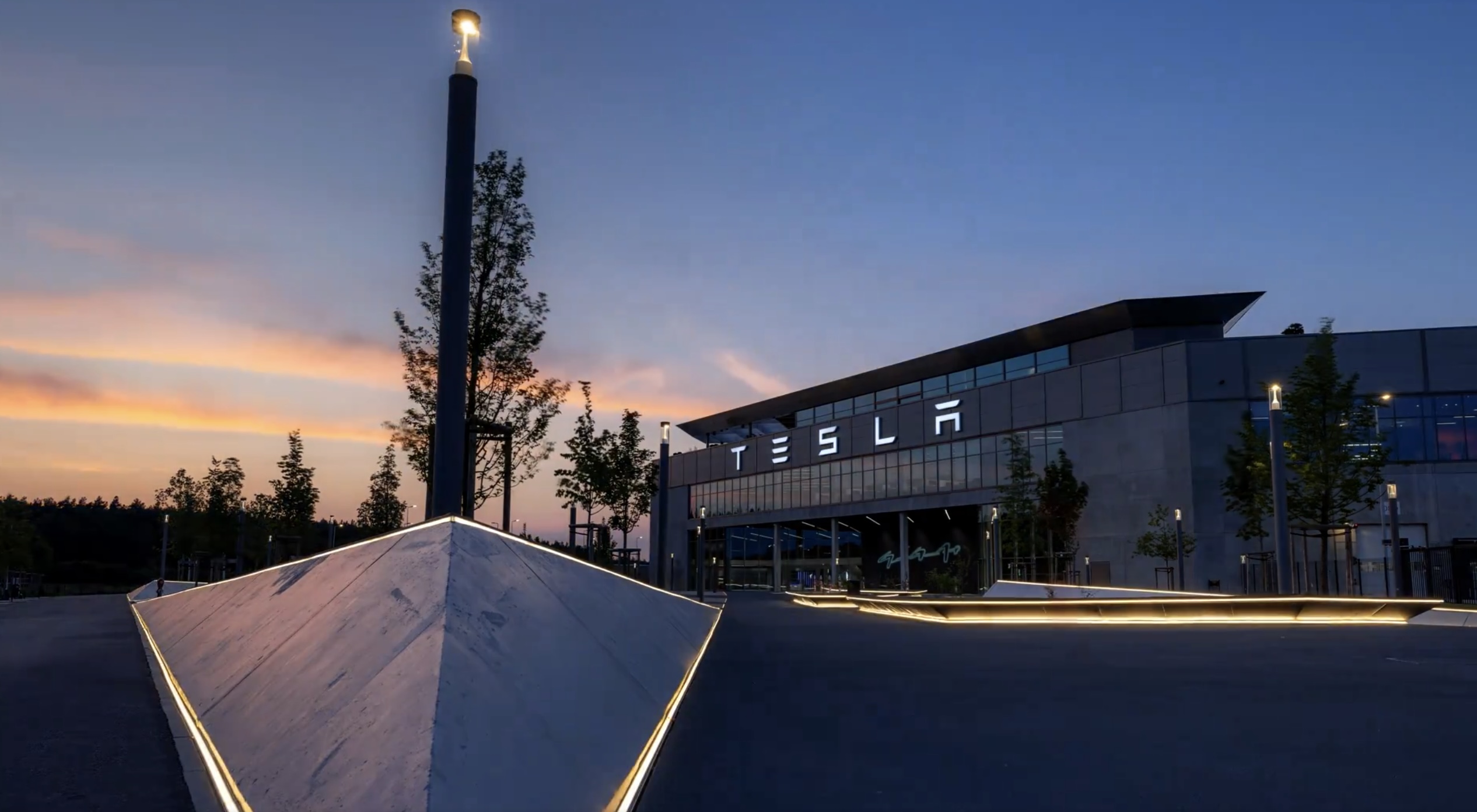
Police seized the computer of an IG Metall member at Tesla Giga Berlin on Tuesday amid allegations that a works council meeting was secretly recorded.
The union has denied the electric vehicle maker’s allegations.
In a post on X, Gigafactory Berlin plant manager André Thierig stated that an external union representative from IG Metall attended a works council meeting and allegedly recorded the session. Thierig described the event as “truly beyond words.”
“What has happened today at Giga Berlin is truly beyond words! An external union representative from IG Metall attended a works council meeting. For unknown reasons he recorded the internal meeting and was caught in action! We obviously called police and filed a criminal complaint!” Thierig wrote in his post on X.
Police later confirmed to local news outlet rbb24 that officers did seize a computer belonging to an IG Metall member at the Giga Berlin site on Tuesday afternoon. Tesla stated that employees had contacted authorities after discovering the alleged recording.
IG Metall denied Tesla’s accusations, arguing that its representative did not record the meeting. The union alleged that Tesla’s claim was simply a tactic ahead of upcoming works council elections.
The next works council election at Giga Berlin is scheduled for March 2 to 4, 2026. The facility’s management had confirmed the dates to local news outlets. The official announcement marks the start of the election process and campaign period.
Approximately 11,000 employees are eligible to participate in the vote.
The previous works council election at the plant took place in 2024, and it was triggered by a notable increase in workforce size. Under German labor law, regular works council elections must be held every four years between March 1 and May 31.
Elon Musk
Elon Musk’s xAI plants flag in Bellevue AI hotspot
The lease places xAI’s new office in one of the region’s fastest-growing tech hubs.
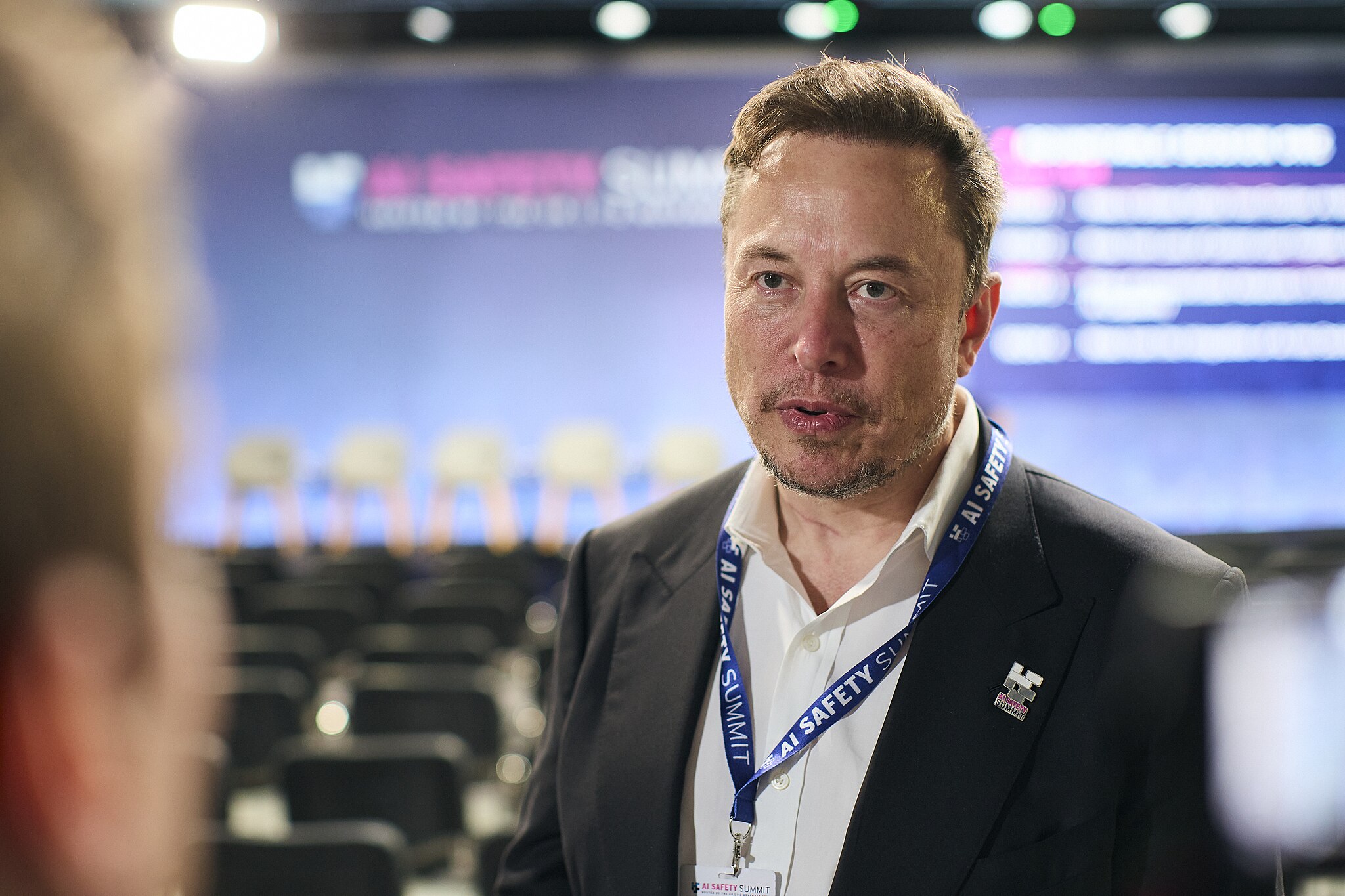
Elon Musk’s artificial intelligence company xAI has leased a full floor at Lincoln Square South in downtown Bellevue, WA, as per city permit filings.
The lease places xAI’s new office in one of the region’s fastest-growing tech hubs.
Public records indicate that xAI leased roughly 24,800 square feet in Lincoln Square South. The location was previously occupied by video game company Epic Games. Lincoln Square South is part of the Bellevue Collection, which is owned by Kemper Development Co.
The lease was first referenced in January by commercial real estate firm Broderick Group, which noted that an unnamed tenant had secured the space, as stated in a report from the Puget Sound Business Journal. Later filings identified xAI as the occupant for the space.
xAI has not publicly commented on the lease.
xAI hinted at plans to open an office in the Seattle area back in September, when the startup posted job openings with salaries ranging from $180,000 to $440,000. At the time, the company had narrowed its location search to cities on the Eastside but had not finalized a lease.
xAI’s Bellevue expansion comes as Musk continues consolidating his businesses. Last week, SpaceX acquired xAI in a deal that valued the artificial intelligence startup at $250 billion. SpaceX itself is now valued at roughly $1.25 trillion and is expected to pursue an initial public offering (IPO) later this year.
Musk already has a significant presence in the region through SpaceX, which employs about 2,000 workers locally. That initiative, however, is focused largely on Starlink satellite development.
Bellevue has increasingly become a center for artificial intelligence companies. OpenAI has expanded its local office footprint to nearly 300,000 square feet. Data infrastructure firms such as Crusoe and CoreWeave have also established offices downtown.
Elon Musk
SpaceX blocks unauthorized Starlink terminals used by Russian troops
Ukrainian officials confirmed that Starlink terminals believed to be used by Russian troops were disabled after coordination with SpaceX.
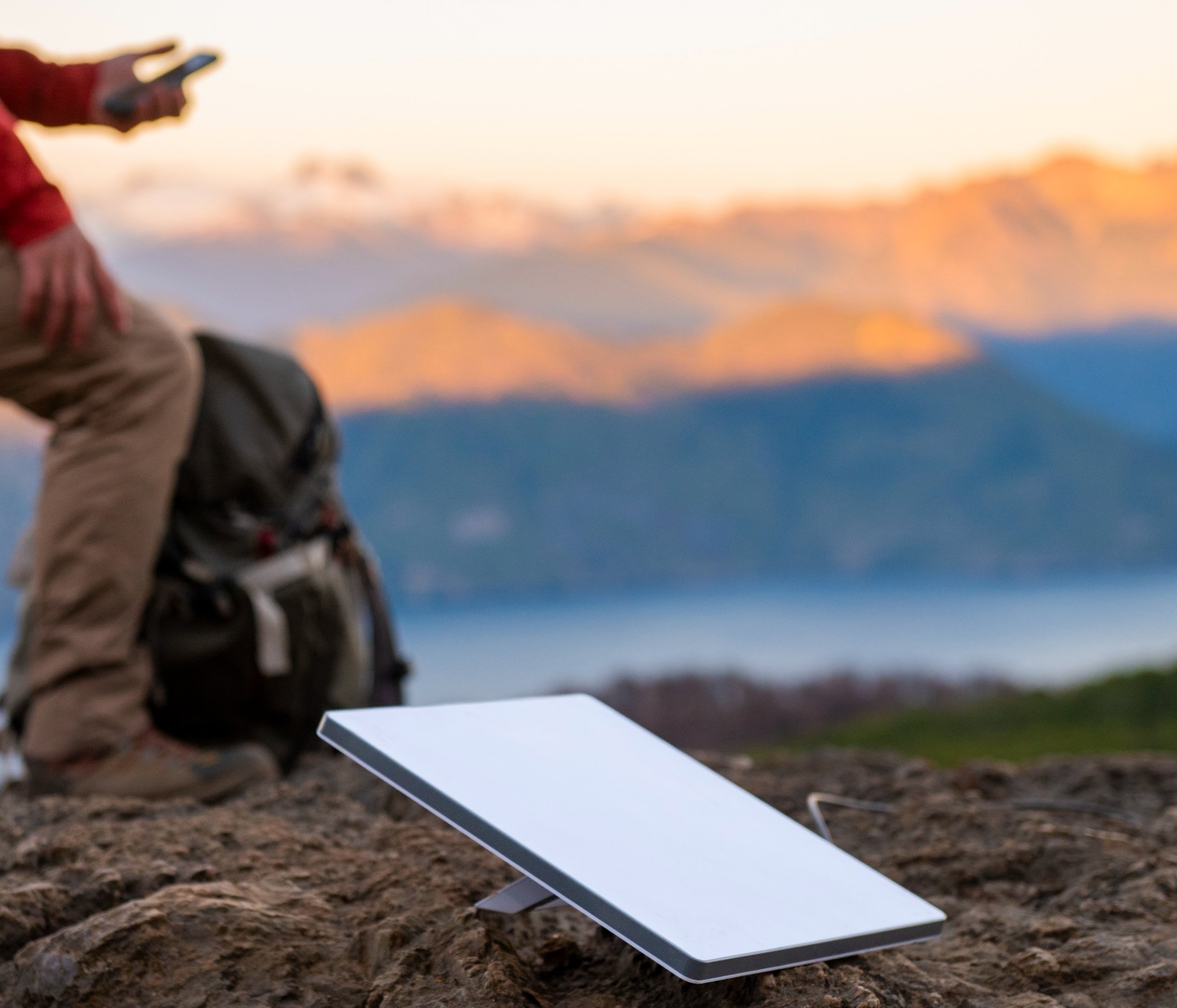
SpaceX has taken steps to block unauthorized use of its Starlink satellite internet network, a move Ukrainian officials stated is already disrupting Russian military communications.
Russian units lose a key communications tool
As per a report from The Guardian, Ukrainian defense officials have confirmed that Starlink terminals believed to be used by Russian troops were recently disabled after coordination with SpaceX. The move reportedly affected frontline communications and drone operations, especially in areas where traditional military radios are unreliable or easily jammed.
For months, Russian units had relied on large numbers of illicitly obtained Starlink terminals to stay connected along the front. The satellite internet service allowed faster coordination and more precise drone use for Russian forces.
Several Russian military bloggers close to frontline units have acknowledged the impact of the Starlink shutdown, with some describing sudden connectivity problems in the satellite internet service.
Russia lacks comparable replacement
Russia does not have a satellite internet system that matches Starlink’s speed, coverage, and ease of deployment. Alternatives such as fiber-optic lines, short-range wireless links, and digital radio systems take longer to install and work inadequately for fast-moving units.
Russia does operate limited satellite communications through state-linked providers, but those systems rely mainly on geostationary satellites, which are notably slower. Coverage is uneven, and data capacity is far lower than Starlink’s low-Earth-orbit network.
For now, Ukraine has stated that it has introduced a verification system that allows only approved Starlink terminals to connect. Devices believed to be linked to Russian forces are blocked from the network. That being said, Ukrainian officials have also claimed Russian units are trying to work around the restrictions by asking civilians to register Starlink terminals in their names.
